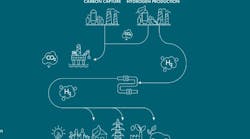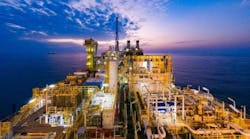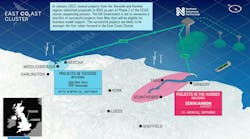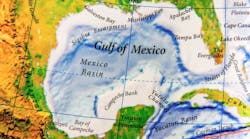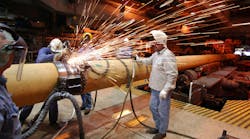Offshore staff
LONDON – Azerbaijan has a major role to play in securing Europe’s future energy security, according to a lecture by Professor Alan Riley of London’s City University.
Post-Nabucco? The Options for the Southern Gas Corridor - was organized by The European Azerbaijan Society at the House of Lords.
Professor Riley said Azerbaijani will supply an additional 16 bcm/yr (565 bcf/yr) of gas when the BP-operatedShah Deniz 2 field development comes onstream in the Caspian Sea in 2017.
Much of the new output will be supplied to European customers, easing over-reliance on Russian gas, he suggested.
“Azerbaijan also has the potential to become a major gas transit hub, supplying to the EU from resources across the Caspian region, particularly Turkmenistan.”
Of the proposed new gas export projects, Riley felt it was unlikely that theNabucco pipeline, in its originally proposed form, would be constructed, despite political support across the EU.
Two caveats are the high cost – $18.4-26 billion – and the fact that Azerbaijan could only fill one-third of the proposed 31-bcm (1 tcf) capacity. “In addition, the proposed Nabucco project is of concern to Gazprom, which derives two-thirds of its revenue from EU customers.”
Other competing pipeline projects, including the Interconnector Turkey–Greece–Italy (ITGI), could be jeopardized by the Greek and Italian financial problems, he said. But the Trans-Anatolian Pipeline (TAP) remains viable following recent transit agreements signed by Turkey and Azerbaijan, and would cost a relatively modest €4 billion ($5.3 billion).
The South-East European Pipeline has a similar price tag. Both these projects would use many of the permits and agreements agreed for Nabucco.
Professor added that it would be better for Gazprom to accept the competition, rather than oppose it, as doing so could lead to a negative reaction from customers.
2/20/2012
